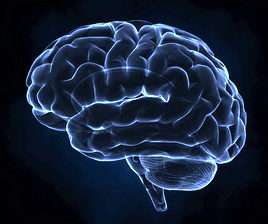What Is and Is Not a Psychological Treatment?
Society of Clinical Psychology
MAY 6, 2024
Psychiatric medications, for example, might address psychological problems but are obviously not psychological treatments. In our article below, we discuss the rationale behind each part of the definition, and list both positive and negative examples of various interventions. Reference/Target Article Tolin, D. Boness, C. Olatunji, B.
















Let's personalize your content